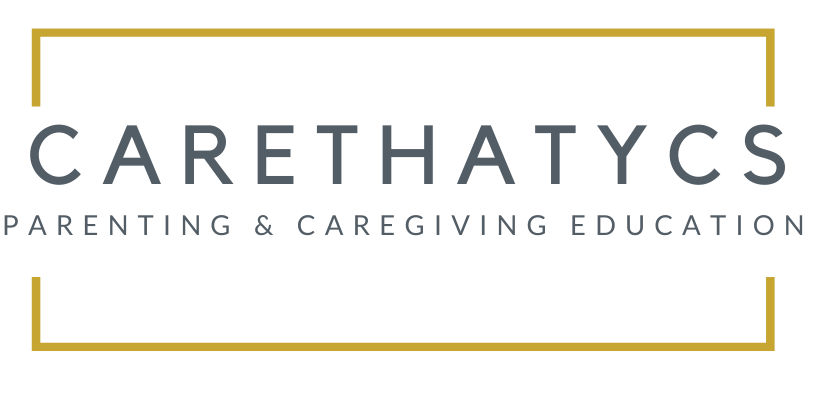According to the CDC, pregnant and puerperal women are considered at risk groups, although there isn’t a proven study on what they are most vulnerable to Covid 19 to the rest of the population. However, due to all the physiological changes, they are more susceptible to infections. After some cases and because coronavirus is a new disease in which the scientific society knows very little yet, the agency can apply precautionary measures against this group.
Why are pregnant and puerperal women considered a risk group?
Pregnancy causes a series of changes in the body, such as hormones, immune response, the position of the diaphragm in the lung, heart, and blood pressure tends to increase. Thus, due to the risks of pregnancy, women can be strongly affected by respiratory infections. But there isn’t a reason to panic, as there aren’t many cases reported by the CDC, thankfully.
However, puerperal women need more protection, as the immune system is more vulnerable until the sixth week after childbirth, due to all the efforts and changes in the body. If you are pregnant and have some comorbidity, you will need extra care, because in this case, you really are part of the risk group, such as: a case of pre-eclampsia, in which blood pressure is high, so the body can’t respond well to an infection.
How can we protect ourselves?
It is important that mothers and expecting moms practice light physical exercises at home as recommended by their doctor, don’t go out for walks, even in a place without crowding, as we now know the virus stays up to 3 hours in the air. Exercises like yoga and Pilates help a lot, especially in this phase, where there are a series of hormonal changes that make women more sensitive. If possible, watch less news and try not to access social networks since the talk is usually all about the pandemic. Obviously, be aware of relevant updates about potential new risks and how to protect you and your family.
Pay attention to and strictly follow all recommendations from the WHO and the CDC. Eat well, eat dark green vegetables – always well washed -, foods that contain vitamin C and are anti-inflammatory. It is important to get a little sun in the morning so you can get your intake of vitamin D.
If I test positive for COVID, will I have to get a cesarean?
Pregnant mamas who are concerned that COVID influences childbirth by having to have a cesarean birth, there isn’t evidence that COVID influences in mild cases; in severe cases, it will most likely be necessary that childbirth is performed by cesarean section, to protect the life of the mother and baby, in case of respiratory failure. However, according to a study by Ultrasound in Obstetrics & Gynecology (UOG), in the United Kingdom, in which 32 pregnant moms with coronavirus were followed up, 47% had a premature birth. Despite the small sample, some experts point out the premature birth was due to the respiratory condition and fever.
Am I entitled to bring a companion if I give birth during the pandemic?
The WHO states that every pregnant woman has the right to a companion during childbirth, even during the pandemic, and there was no change in the law, as we know how much it is necessary to have someone at a time when women feel so fragile. Being alone during childbirth can generate intense psychological disorders, so the only caveat is if the companion has any symptoms of the coronavirus. Some hospitals in New York, however, have not been admitting companions and have implemented their own rules. Always check with your hospital and see how the law is being enforced.
And for the baby, what are the risks?
In the case of pregnancy, there aren’t cases of vertical contagion – the mother passing on to her child still in the womb – and, also, there aren’t cases of infected mothers who had babies with malformation, as happened with the Zika virus.
I am infected and still breastfeeding, should I stop breastfeeding?
In cases of infected mothers is important to stay away from the baby, but you can still feed them breast milk as there isn’t a proven study and no cases that the virus is transmitted through breast milk. However, extra hygiene measures are necessary, in this case, the ideal is to give breast milk in bottles, with someone else feeding the baby. If you must, take a shower, change into clean clothes, wear a mask, tie your hair back and don’t use any accessories that accumulate dirt and the baby can touch when breastfeeding.
Again, ideally it would be to have someone else caring for the baby while the infected mother is isolated during recovery to avoid contagion.
The World Health Organization (WHO) continues with research, studies, and follow-up of the clinical conditions of pregnant and postpartum women to update information regarding the virus and to guide the population if they find new evidence.

